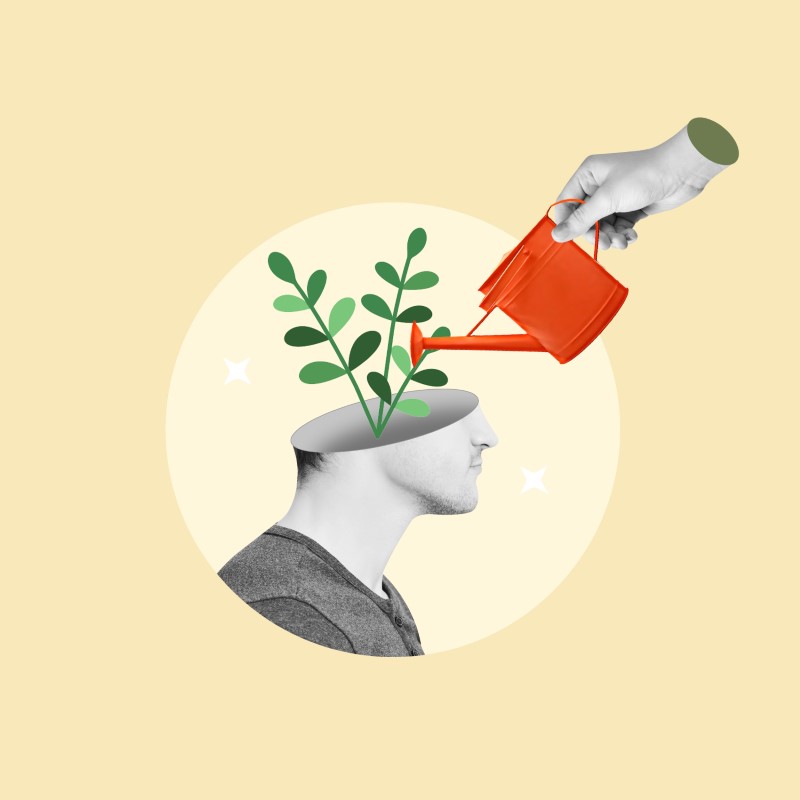Deep Dive
The Science of Resparkling (Or Why You Don’t Need to Change Your Life)
Neuroscientist and author Tali Sharot argues your life is much better than you think, but to see it clearly you need to fight your brain’s tendency to habituate, and learn how to resparkle your life.

As humanity wakes up on January 1st, it embarks on a 4000-year-old tradition of asking how life can be made better. But science suggests that many of our lives are already better than we realize. While we may have a loving family, a good place to live, and a decent job, we often fail to notice those things. That’s not because people are ungrateful or stupid. It’s because of a basic feature of our brain — habituation.
Habituation is the tendency of neurons to fire less and less in response to things that are constant. You enter a room filled with roses, and after a short while, you cannot detect their scent any longer. And just as you get used to the smell of fresh flowers, you also get used to a loving relationship, to a promotion, or to a nice home.
Like the front page of a daily newspaper, your brain cares about what recently changed, not about what remained the same. And so what was once amazing to you, and what might seem amazing to others, becomes part of life’s furniture. You habituate to it.
The good news is that you can dishabituate. The key is taking small breaks from your daily life. When people return home from a long business trip, for example, they often find their ordinary lives have ‘resparkled’. Mundane things suddenly seem amazing. Time away, however short, will enable you to perceive your life with fresh eyes — to break up reality.
This is one reason why encouraging employees to occasionally rotate in another department may be advantageous. Not only do these opportunities increase knowledge and provide new ideas, but it also enables employees to see their own divisions in a new light when they return to their teams. This is thought to enhance both satisfaction and creativity.
But what if you are unable to get away from your daily routine even for a short while? Well, perhaps you can change your environment using your imagination. Close your eyes and imagine your life, but without your home, without your job, without your family; create vivid images with color and detail. Not only is the experience horrific, but it causes most people to feel lucky about what they have once they open their eyes.
It’s a bit like having a nightmare in which you lose a loved one — when you wake up and realize it was all a dream and the person is right there beside you, you feel especially thankful. Before the nightmare, you may well have known that you had a good thing, but after you awake from it, you feel it too.
If something is constant, we often assume (perhaps unconsciously) it is there to stay. We thus focus our attention and effort on the next thing on our list. But if we can make the constant less so, our attention will naturally drift back to it, and if it is good at its core, it may just resparkle.
Perhaps then, more so than bettering our life year after year, we can learn how to simply see our own lives better.
Adapted from Sharot’s new book Look Again: The Power of Noticing What Was Always There, co-authored with Cass Sunstein.
Events aren’t easy, but working with WSB is. WSB works with thousands of respected influencers, thought leaders, and speakers each year and our experienced sales team is committed to the success of your event. For more psychology speaker ideas, please contact us.
